Liposuction
Home > Health Info > Health Articles

Liposuction, also called lipoplasty or fat suction, removes deposits of excess fat from specific areas of your body, including cheeks, double chin, neck, upperarms, above breast, abdomen, buttocks, hips, thigh, knees calves and ankles. Your board-certified plastic surgeon wants you to be thoroughly informed about the procedure.A personal consultation with your surgeon is the best way to obtain the additional information you will need.
FAQ About Liposuction

Am I a good candidate for Liposuction?
Liposuction is particularly well suited for women and men who are of relatively normal weight but have isolated pockets of fat that cause certain areas of their body to appear disproportionate. You may be a good candidate for Liposuction if you have localized excess fat or desire contouring in any of the following areas: Cheeks, jaws and neck, upper arms, breast or chest areas, back, abdomen and waist, hips and buttocks, inner and outer thigh, inner knee, calves and ankles. Liposuction may also be used to treat a condition called gynecomastia, or male breast enlargement.
How will my plastic surgeon evaluate me for Liposuction?
Your surgeons may ask you for information about your medical condition such as diabetes, high blood pressure or heart disease. Your previous surgeries and treatment that you currently take and assessments of the elasticity of your skin and the amount of fat to be removed for optimal result.
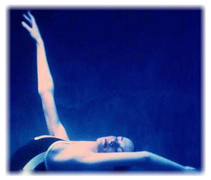
What will the day of surgery be like?
On the day of surgery, medication is administered for your comfort during the surgical procedure. You and your surgeon will have decided in advance what type of anesthesia to be used. Either local or general anesthesia, intravenous sedation or epidural block. During the operation, various monitors are used to check your vital signs. A compressive dressing such as elastic bandage may be placed over the areas that are suctioned.
Instruction of removing and emplacing of the bandage will be taught to you by your surgeon. You probably will be permitted to go home after a few hours, although some may stay overnight in the hospital. Liposuction is a safe procedure, some of the potential complications that may be discussed with you include bleeding, infection, and other reactions to anesthesia, skin irregularities, scaring and pigmentation changes may occur in some rare instance, but treatments are usually available to help minimize these problems if they occur. You can help to lessen certain risks by following the advice and instructions of your plastic surgeon, both before and after surgery.
How will I look and feel initially?
The day after the surgery you will need to move around a bit to promote blood circulation. Limit yourself to brief periods of gentle activity, avoid smoking for awhile, you must not take aspirin or certain anti-inflammatory medication. Your dressing will be temporarily removed within several days. Swelling usually begins to subside a week or so following surgery, while bruising can last three weeks or longer. There may also be numbness in some areas, and it may take several weeks before feelings return. Typically stiches are removed within ten days.
When can I resume my normal activities?
In many instances, you can resume most of your normal activities within one or two weeks and begin some form of exercise soon after.
What is my general new out-look eventually?
Liposuction is usually a highly effective technique for giving you a new body contour. It may last for a long time providing you maintain your weight and exercise. Most patients may gain confidence and be happy with their body image, as long as their expectations are realistic.
| Before | After |
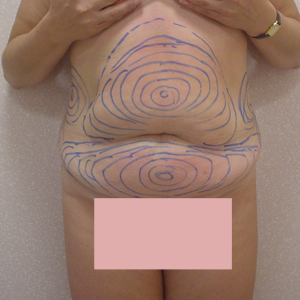 |
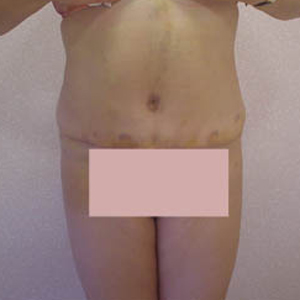 |
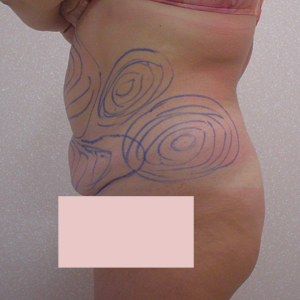 |
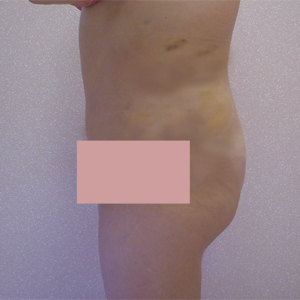 |
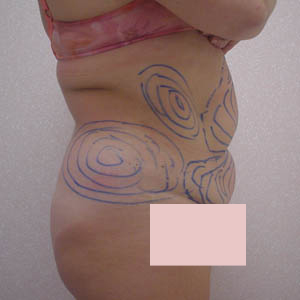 |
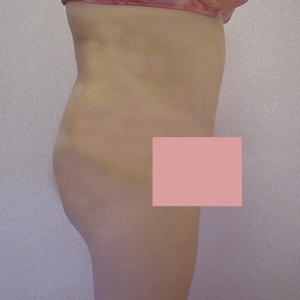 |
Share :

